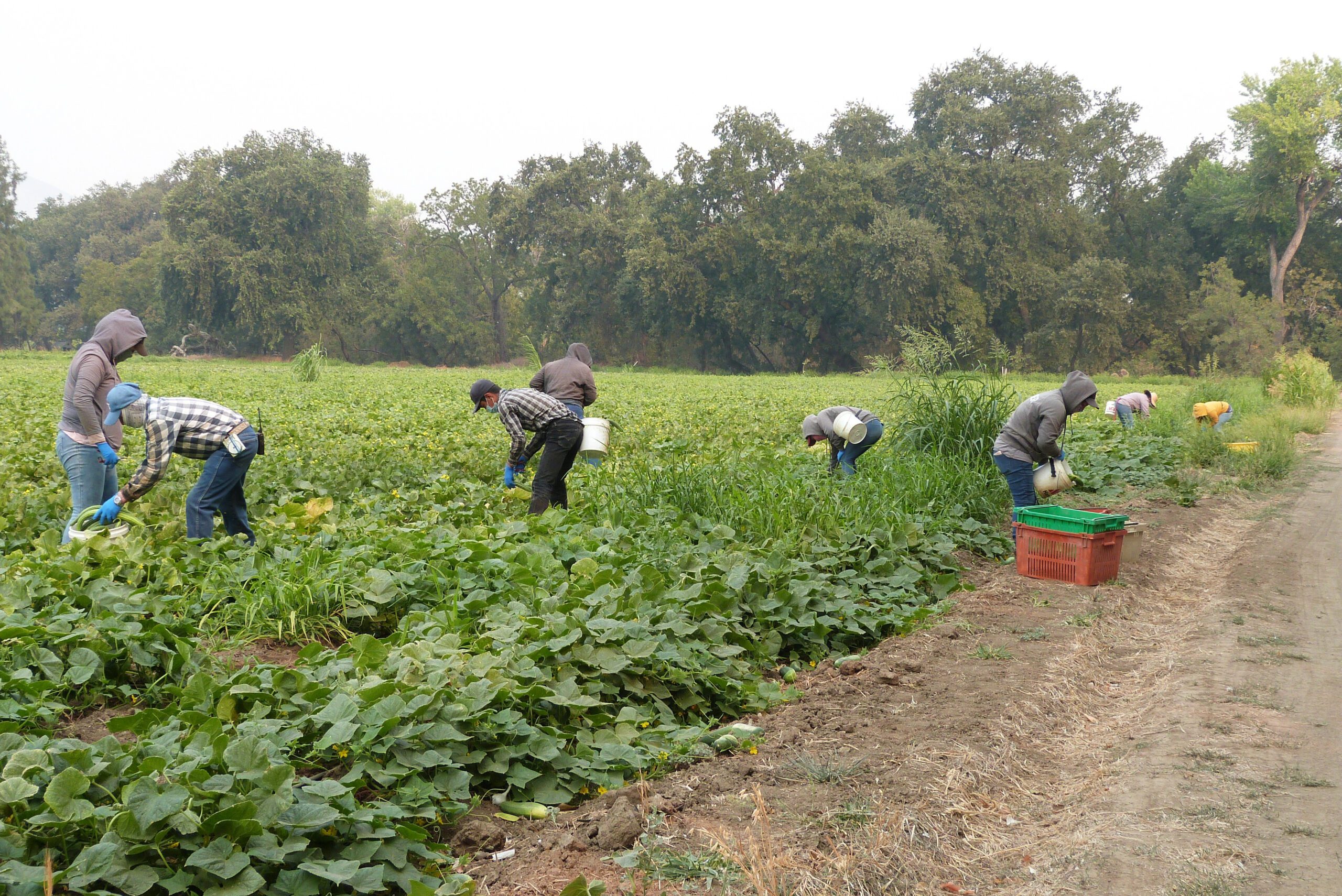The English government has announced that farmers will be compensated extra for safeguarding the environment and producing food more sustainably.
It is anticipated that the rise in payment rates will encourage more farmers to enroll in new environmental land management programs (ELMS).
ELMS is meant to replace the European Union’s unified agricultural policy (CAP).
The NFU welcomed the increase but cautioned it may be “too little, too late” given the current economic scenario.
The Department of Environment, Food, and Rural Affairs (Defra) stated that the new approach will “put money in the pockets of farmers” while enhancing the environment. And fostering agricultural innovation.
The announcement comes at a time when the cost of food production is rising. With farmers disproportionately affected by increases in the price of animal feed, fertilizer, and gasoline.
The enhanced rates under ELMS will be financed using existing funds. Redistributed from the EU’s prior direct payment subsidies to farmers.
David Exwood, vice president of the NFU, stated that it was still unclear what work farmers. Who will lose direct payments, would be compensated for under ELMS.
He stated, “While some of these latest adjustments are good. It risks being too little, too late, given our current economic difficulties and the steady erosion of direct payments.”
Taxpayer money for green farming
Previously, it was feared that the new nature-friendly payments system would not provide sufficient resources for smaller farms to remain profitable.
Now, 30,000 farmers who have signed up for a countryside stewardship program. Which is being expanded under ELMS, will receive an average 10% boost in funding for ongoing environmental efforts, such as habitat preservation.
The average reward for larger, one-time green projects, such as hedgerow development, will increase by 48 percent.
Under ELMS’ sustainable farming incentive, up to an additional £1,000 per year will be made available to assist smaller enterprises, including tenant farmers, with administrative costs associated with participation.
However, environmental and conservation groups, such as the National Trust. who had earlier voiced reservations about the government’s commitment to ELMS, reacted with caution to the emphasis on smaller projects.
The organization’s head of land and nature, Harry Bowell, is afraid that funds will be diverted from ambitious environmental projects.
He stated, “There is a risk that a significant amount of the entire budget will be allocated to luring farmers to the sustainable farming incentive program, at the expense of more ambitious policies and programs.”
Tim Field, who oversees 120 farms in the Cotswolds and is currently conducting a larger-scale landscape recovery program under ELMS. Stated that he would welcome any assistance for smaller farms to engage in environmental activities.
Public funds are necessary to transform food
However, he stressed that more needed to be done to boost domestic food production.
“Public funds are necessary to transform food and agriculture into a restorer, rather than a destroyer, of ecosystem services.
“However, inexpensive imports manufactured to lesser standards continue to undercut the price of domestic sustainably produced food. And this pump-priming public money will not be enough to bridge the price gap at the farm gate,” he warned.
Mark Spencer, minister of agriculture, announced the hike at the Oxford Farming Conference on Thursday.
As custodians of more than 70 percent of our countryside, the nation relies on its farmers to protect our landscapes. Also produce the high-quality food for which we are renowned. And we are increasing payment rates to ensure that farmers are not penalized financially for doing the right thing for the environment.
A representative for Defra noted that the programs would help the United Kingdom reach its legally-binding environmental targets. And its goal of reversing the erosion of biodiversity by 2030 “while encouraging the industry to farm more domestic crops.”
Before ELMS, under the EU’s CAP system, farmers got subsidies depending on the amount of land they owned. Benefiting the largest landowners the most.
The new system will be fully implemented by 2027/28. And more information on the environmental projects that will be funded will be released by the end of the month.
In the United Kingdom, agricultural policy is devolved, and each nation implements its support programs.
